Policy Updates
DPH Updates Housing Code
Current DPH Housing Codes:
After hearings in 2017 and 2019, the Department of Public Health’s Community Sanitation Program (CSP) has finally amended its housing code regulations, 105 CMR 410.000 with specific requirements on pest management and mold caused by excess moisture, as well as flexibility for local boards of health to address emergent issues, including climate change variability.
Pioneer Valley Asthma Coalition joined with other advocacy organizations in giving testimony on the Sanitary Code changes in 2017 and 2019 to address mold, pest management and other issues that impact health. Although the new code is much improved, it does not include a focus on integrated pest management and additional best practices that were suggested to reduce asthma triggers in the home .
DPH is delaying the effective date of these Housing Code amendments for 6 months, until April 2023, to give sufficient time to prepare for the changes. During this time, CSP plans to conduct stakeholder outreach and training, and provide guidance and tools for local health and the regulated community.
Here are the approved clean and redline versions of the regulation.
2019 Hearings and Testimony
In 2019, a second round of public hearings on amendments to regulation 105 CMR 410.000 – Minimum Standards of Fitness for Human Habitation was held. Learn more about the draft regulations.
Health Resources in Action led a group of healthy housing advocates including the Public Health Institute of Western MA and the Pioneer Valley Asthma Coalition in comments on the new draft regulations.
2017 Hearings and Testimony
- PVAC sanitary code revision 105 CMR 410.000 Oct 2017
- Health Resources in Action 105 CMR 410.000 Minimum Standards of Fitness for Human Habitation (this testimony was signed by 11 other organizations).
Strengthen Lead Poisoning Law
In June 2015, the Springfield Healthy Homes Collaborative wrote a letter to the chairs of the Joint Committee on Public Health– Representative Kate Hogan and Senator Jason Lewis- to acknowledge Bill H.2049. In this letter, we suggested that rather than allow municipalities to establish their own definition of lead safety, they consider adopting a single statewide blood lead level threshold- such as five or ten milligrams per deciliter- that is more in line with current thought.
In 2012, the CDC lowered its “level of concern” from 10 µg/dL to 5 µg/dL, where they recommend public health actions be initiated. Currently, MA intervenes at 25 µg/dL; however, the proposed bill will lower the “Blood lead level of concern” to between 5 and 10 micrograms per deciliter in children under 6 years of age.
In June 2017, the Bill was discharged to the committee on Health Care Financing. Details on the status of the bill can be found here.
Policies to Prevent and Respond to Childhood Lead Exposure
The Pew Charitable Trusts and the Robert Wood Johnson Foundation released a report entitled 10 Policies to Prevent and Respond to Childhood Lead Exposure. Click here to view findings and download the report.




